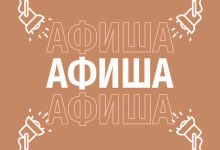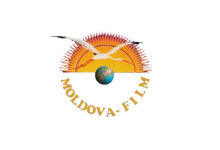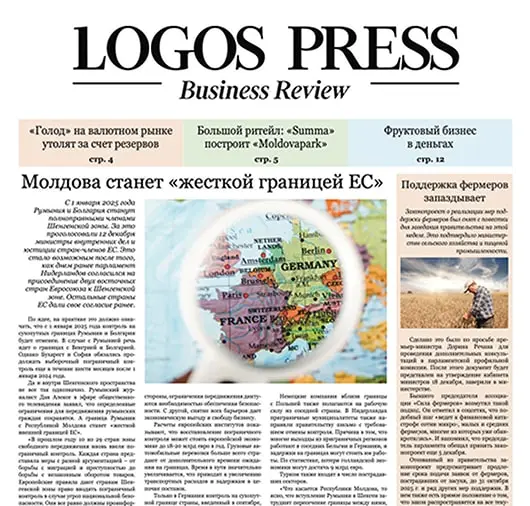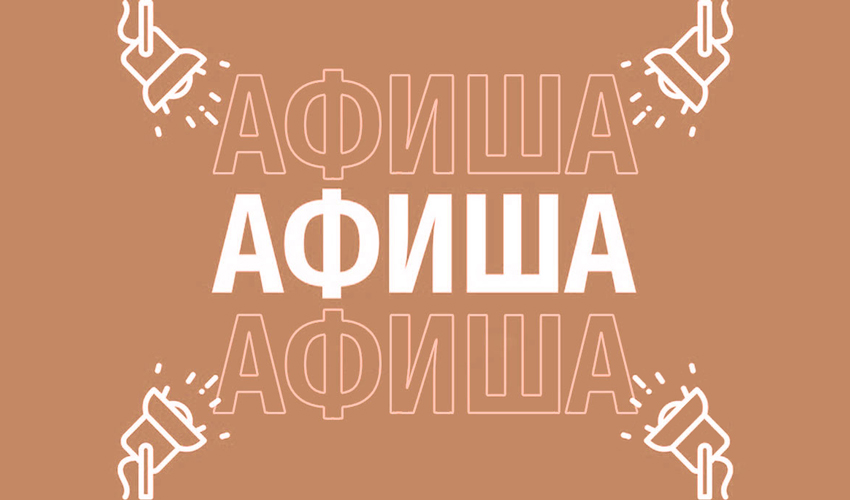Send us a message, and we will definitely consider your suggestions and comments.
Articles
A selection of cultural events in Chisinau: concerts, plays, exhibitions, festivals and meetings with artists. The most interesting events of the week – for a colorful leisure and inspiration.

Bank Financial Performance Report for Q4 2025

S.A. “Moldtelecom” anunţă inițierea licitaţiei deschisă privind achiziționarea materialelor de construcție, instrumentelor de lucru și mărfurilor de gospodărie.

S.A. “Moldtelecom” anunţă inițierea licitaţiei deschisă privind achiziționarea materialelor, echipamentelor și instrumentelor electrice.

S.A. “Moldtelecom” anunţă inițierea licitaţiei deschisă privind achiziționarea echipamentelor terminale Mesh cu suport 802.11 b/G/N/ac/ax WiFi 6.

S.A. “Moldtelecom” anunţă inițierea licitaţiei deschisă privind achiziționarea unui software de Gestiune Geografică a Inventarului de Telecomunicații.

S.A. “ Moldova-Film “ anunță licitația “cu strigare “ în scopul dării în locațiune a activelor neutilizate, care va avea loc la 06.02.2026 ora 13.00

În cadrul proiectului „Parteneriate locale pentru eficiența energetică în servicii sociale” finanțat de Uniunea Europeană (UE), co-finanțat și implementat de Fundația Soros Moldova în parteneriat cu I.P. Keystone Moldova și A.O. „Fondul de Inovații Sociale din Moldova”, este planificată oferirea asistenței tehnice OSC-urilor subgrantate și autorităților publice locale în elaborarea Planului Local Integrat privind Energia și Clima (PLIEC).

A selection of cultural events in Chisinau: concerts, plays, exhibitions, festivals and meetings with artists. The most interesting events of the week – for a colorful leisure and inspiration.

S.A. “Moldtelecom” announces the initiation of the open tender on the purchase of reinforced concrete production.

S.A. “Moldtelecom” announces the initiation of the open tender on the purchase of IT equipment, spare parts for IT equipment.

I.P. Keystone Moldova is launching the open tender for contracting consultancy services for 9 lots.




